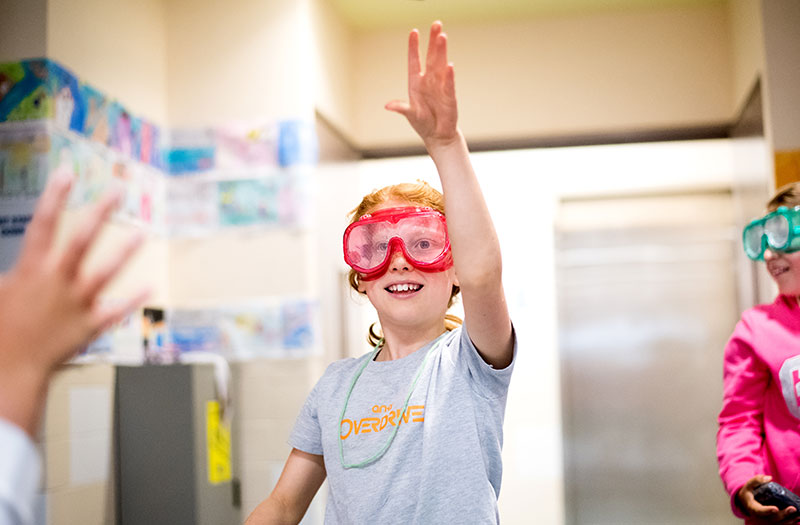Botany on your plate
How do people use plants in their daily lives? Or what parts of a plant do you eat? In this activity participants get a chance
How do people use plants in their daily lives? Or what parts of a plant do you eat? In this activity participants get a chance
Our senses allow us to detect and experience our environment in multiple ways. The information we collect using multiple sensory systems is interpreted by the
What would you do without your joints? Your movement and everyday activities would be greatly affected. What would be like by trying some simple tasks
Use your observational skills to find out more about an animal’s skull. A skullcan tell us how it eats, what it eats and whether it
Students review what they already know about breathing and the respiratory system. After a brief introduction to the respiratory system, students break into two groups
In the first lesson in this two-part series, students are introduced to the concept of microbes by collecting samples to grow on agar Petri dishes.
All of SEP’s programs are offered free-of-charge. To do this work, SEP must annually raise nearly $2 million. Every donation brings us closer to that goal and helps to make this important work possible.

As part of UCSF, SEP is a 501(c)3 non-profit. All donations are tax deductible to the fullest extent of the law. Please let us know if your company participates in a matching gift program so that we can extend the benefit of your generosity.